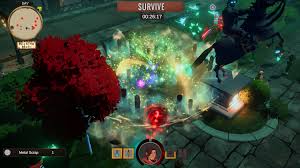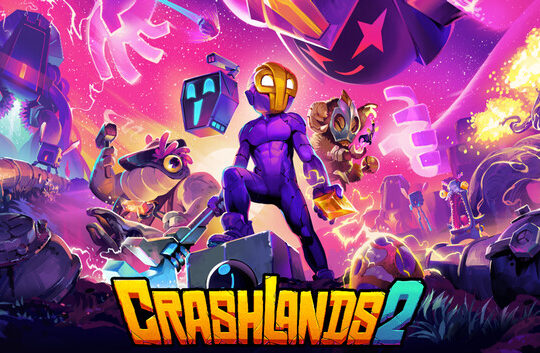Games that increase knowledge often combine fun gameplay with educational content, targeting a variety of skills and subjects. Here’s a list of some popular types, spanning various platforms and age groups:
- Puzzle and Strategy Games: Games like “Tetris,” “Chess,” and “Sudoku” help improve problem-solving skills, strategic thinking, and cognitive abilities.
- Trivia Games: Titles such as “Trivia Crack” and “Jeopardy!” offer questions across multiple categories, enhancing general knowledge and recall abilities.
- Language Learning Games: Apps like “Duolingo” or “Babbel” gamify the language learning process, making it fun and engaging to learn new languages.
- Math Games: Platforms like “Prodigy” and “DragonBox” make learning math concepts enjoyable, catering to different age groups and skill levels.
- Science Games: Games such as “Kerbal Space Program” and “Sid Meier’s Civilization” series can indirectly teach players about physics, engineering, and historical technological advancements.
- Programming and Coding Games: “Scratch,” “CodeCombat,” and “Tynker” are designed to teach programming concepts through engaging, interactive challenges.
- Geography Games: “Stack the Countries” and “GeoGuessr” are fun ways to learn about world geography, landmarks, and cultures.
- Memory Games: Apps like “Lumosity” and “Peak” offer brain training exercises designed to improve memory, attention, and other cognitive skills.
- History Games: Titles like “Assassin’s Creed” series, while not purely educational, can spark interest in historical settings and events, encouraging players to learn more outside the game.
- Financial Literacy Games: Games such as “The Stock Market Game” and “Cashflow” help players understand investing, budgeting, and financial planning.
It’s important to note that while these games can be educational, they should complement, not replace, traditional learning methods. Combining these games with other educational resources and real-world experiences can provide a well-rounded knowledge base.












